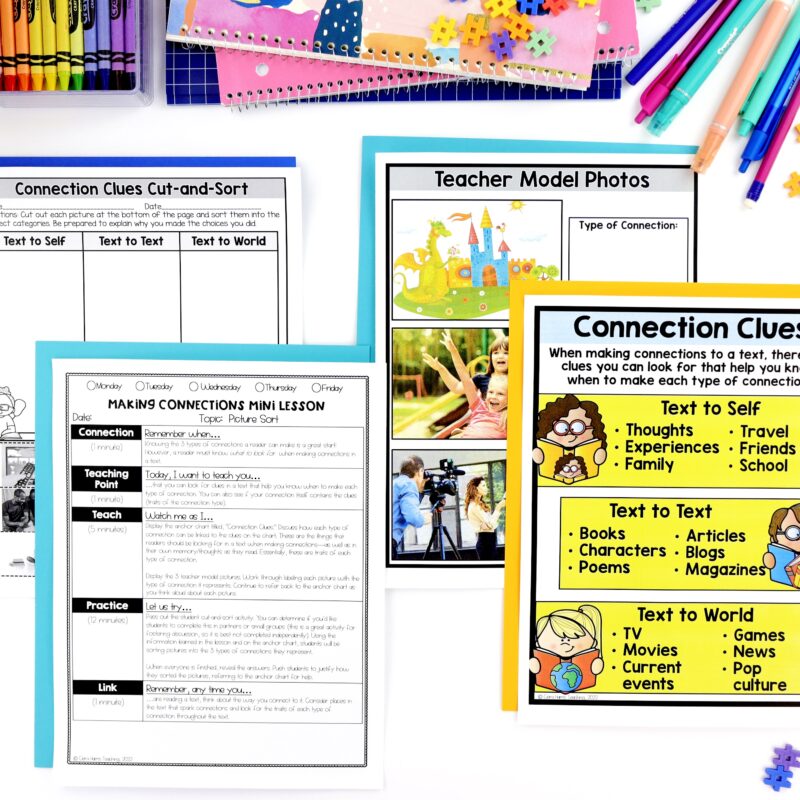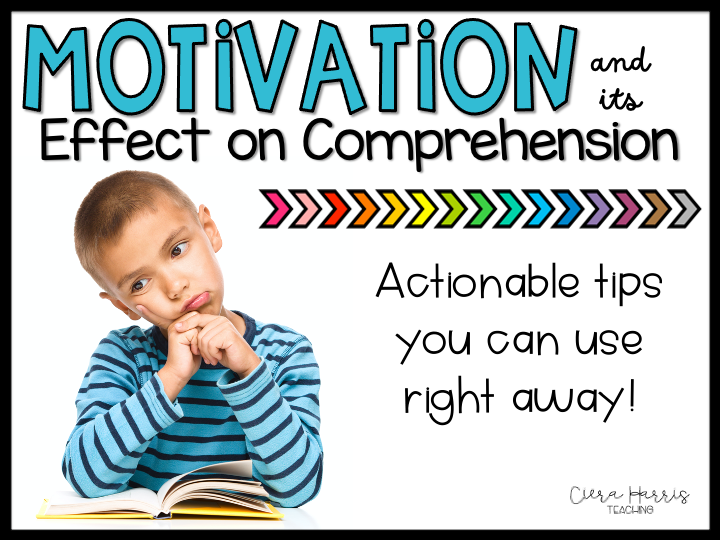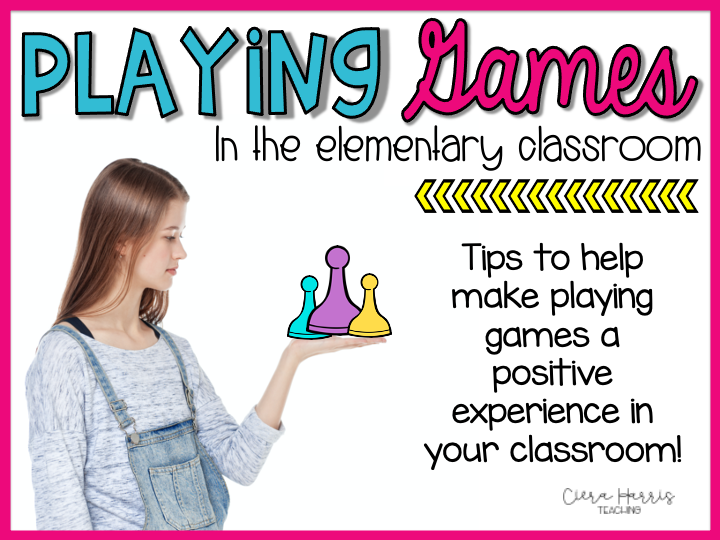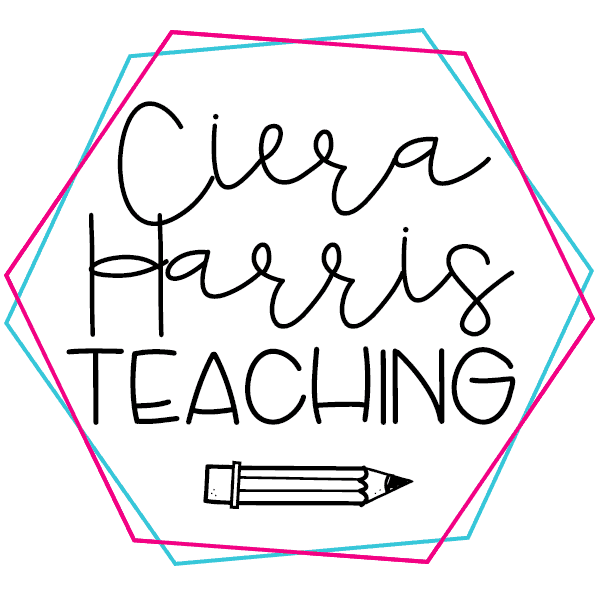Are you always looking for ways to make your lessons more engaging and interactive for students? I know I am! It is crucial for students to be interested and focused on their learning. Thankfully, I have the perfect answer for you: mini lessons! They are a fantastic way to ensure students receive instruction at their level and feel comfortable to ask questions. So, let’s explore 5 reasons why you should be using mini lessons. 
#1 Tailored Learning Experience
When using mini lessons, teachers can address specific learning needs of individual students or small groups. For example, this may be struggles with identifying the theme and main idea of a passage. With targeted content, teachers can differentiate instruction. This is an amazing way to cater to diverse learning styles and abilities! On top of this, teaching in mini lessons allows for personalized attention to help students grasp key concepts at their own pace. Ultimately, mini lessons ensure students have a more comprehensive understanding of the essential standards.
#2 Foster Student Engagement
Teachers want students to be engaged in lessons. However, this does not just naturally happen. Due to short attention spans, students quickly become disengaged. Thankfully, mini lessons are short and focused, capturing and maintainingn students’ attention throughout the instructional period. Additionally, it is excellent to add in interactive elements, such as hands-on activities and discussions, which keep students actively involved.
#3 Encourage Collaboration
Mini lessons are a fantastic way to build a collaborative learning environment! Students gain a sense of community as they discuss, share ideas, and learn from each other. So, when considering the 5 reasons why you should be using mini lessons, know that they enhance learning and teamwork. Additionally, they add essential practice with social skills and communication, preparing students for future success.
Be sure to check out the Reading Comprehension Mini Lesson Bundle!
#4 Flexible Integration Across Subjects
It is hard to fit in so many standards each year! Thankfully, mini lessons help take care of this. They are versatile and can seamlessly integrate into various subjects. This is a great way to have cross-curricular connections! Additionally, teachers can use mini lessons to reinforce core concepts, making learning more cohesive and reinforcing connections. In addition to flexibility among subjects, mini lessons accommodate a range of teaching styles. So, teachers can incorporate different modes of instruction to increase the effectiveness of instruction.
#5 Builds a Foundation for Lifelong Learning
Teachers want students to love school. Thankfully, mini lessons instill a love for learning by making education accessible, enjoyable, and relevant! Students can develop essential skills, such as critical thinking, problem-solving, and independence. Yes, mini lessons do all of this! By working in small, manageable portions, students have a positive attitude towards education. Thankfully, this lays the groundwork for a lifelong journey of intellectual curiosity,
Are you convinced after these 5 reasons why you should be using mini lessons? I sure hope so! Students will love learning in your classrooms with this new and exciting format!
If you do not want to miss any of the upcoming lessons, join my email list to be notified of all the interactive lessons coming up! By joining the email list, you will receive freebies for blog exclusive subscribers!
Grab the Ultimate Comprehension Toolkit!










